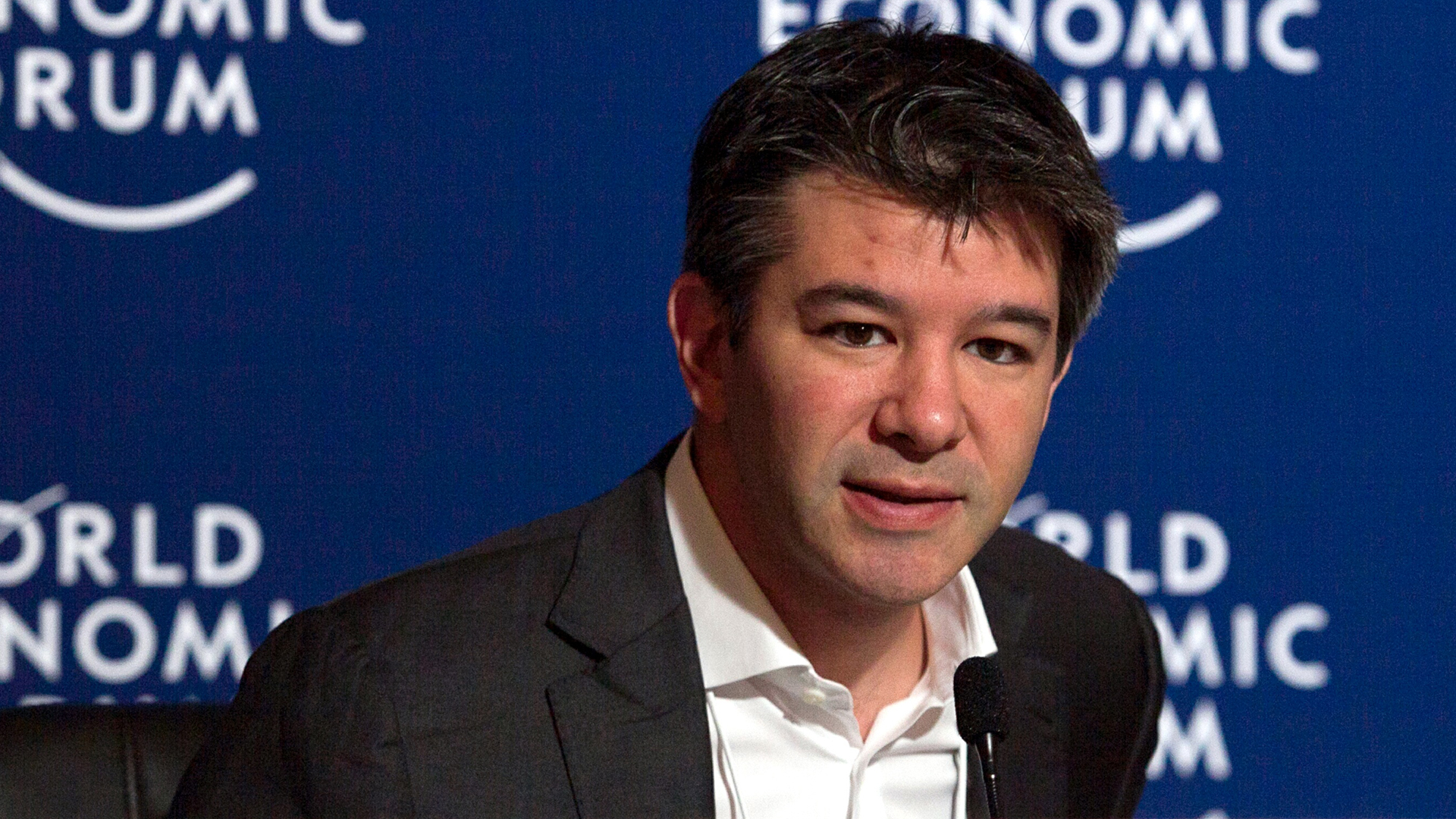

Travis Kalanick, the founder and CEO of Uber, has resigned from his position at the top of the Silicon Valley mobility company.
The New York Times broke the news of Kalanick’s resignation from the CEO position early Wednesday morning. Uber’s board of directors confirmed the news in a statement several hours later, according to the Associated Press. Kalanick will remain a member of the Uber board, as well as maintain a wealth of shares in the company.
Kalanick’s resignation came about as a result of pressure applied by an influential group of Uber’s investors, according to the Times, which cited two sources close to the situation. According to the Times, a group of five venture capital firms that own more than 25 percent of the tech company’s shares presented a a letter entitled “Moving Uber Foward” to Kalanick on Tuesday, in which the group insisted he remove himself from the top spot at the company he co-founded.
Kalanick was already on temporary hiatus from the company, a move announced last week after both his mother’s death and the release of a report by former attorney general Eric Holder, which included 47 suggestions to improve the company—the first entitled “Review and Reallocate the Responsibilities of Travis Kalanick.” Uber’s board voted unanimously to adopt all 47 recommendations in the report.
In a statement cited by both the AP and the Times, Kalanick stressed his love for the company he founded in 2009, adding that he decided to go along with the investors’ request because he wanted to see the company move forward, rather than wind up bogged down in “another fight.”
It is unknown who will replace Kalanick in the top chair at the mobility company. Uber also currently lacks a chief operating officer, a position the company was looking to fill with someone who could remove some of the day-to-day tasks from Kalanick’s plate.
The public images of Kalanick and Uber have been inextricably linked for years, with the brash founder’s no-holds-barred attitude visible in many of the company’s endeavors, such as its rapid global expansion and its push into self-driving cars. But the effect also seemed to occur in reverse; as Uber became synonymous with scandals like widespread allegations of sexual harassment and a federal criminal probe into the company’s efforts to allegedly avoid regulators using the “Greyball” software, Kalanick’s name became identified with the troubles at the company, as well. (His decision to tear an Uber driver a new one on camera likely didn’t help, either.)